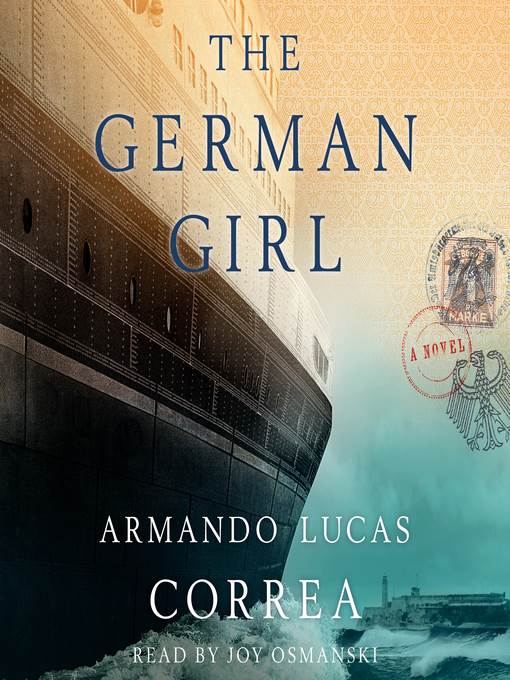
The German Girl
A Novel
کتاب های مرتبط
- اطلاعات
- نقد و بررسی
- دیدگاه کاربران
نقد و بررسی

August 1, 2016
In 1939, the German ship St. Louis set sail from Hamburg for Havana carrying more than 900 passengers, most of them German Jewish refugees, escaping from the Nazi regime. Correa’s debut novel follows one of those passengers, a 12-year-old girl named Hannah Rosenthal, as she and her rich, influential family hope to start a new life in Havana. But when they arrive, the St. Louis and its passengers are refused entry. Hannah and her mother manage to debark, but most of the other passengers—including Hannah’s father and her best friend Leo—are forced to stay aboard. The ship’s passengers were refused entry into America and Canada as well, eventually forced to return to Europe. Seventy years later, Hannah’s grandniece receives a package from her elderly aunt, who is finally ready to tell her family’s story. Correa’s novel is a timely reminder of the plight of refugees, and the real consequences of denying them aid, but the story itself is lukewarm—a tragedy that never complicates or deviates from its expected trajectories. Hannah never stops pining for Leo, and she and her mother shun other Jewish people while simultaneously isolating themselves from Cuban life. There is also a noticeable lack of detail concerning Jewish culture. Though the novel covers an important piece of history, the story of the Rosenthals never quite comes together.

Narrator Joy Osmanski delivers the coming-of-age story of two girls who are separated by 70 years yet linked by world-changing events. Osmanski's spirited tone gives life to the anxieties and hopes of 12-year-olds Hannah and Anna, who are both burdened by loneliness and distant parents. In 1939 Berlin, Hannah plots escape from the "ogres" and faces uncertainty on a ship to Cuba. In 2014 New York City, Anna feels friendless except for her photograph of her father, who disappeared on September 11, 2001. Osmanski's character voices keep the girls center stage, while Hannah's friend Leo and the girls' parents remain less prominent characters. Even the elderly Hannah has a livelier voice than Anna's mother when they meet in Cuba. The story is winding and uneven, but hope and wonder shine brightly in these girls. M.P.P. � AudioFile 2016, Portland, Maine

























دیدگاه کاربران